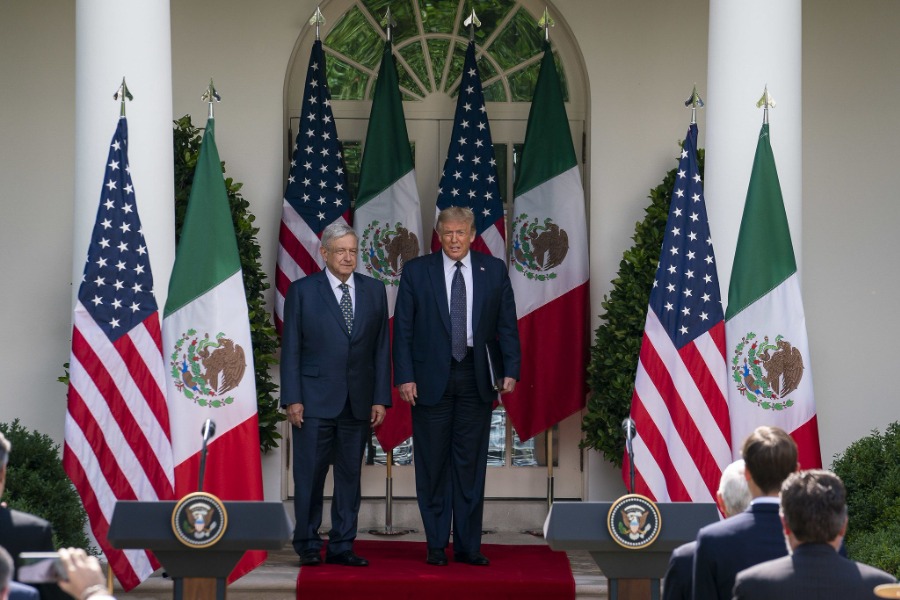Noah Feldman on Al-Aulaqi Killing
My colleague Noah Feldman has an interesting essay on Bloomberg that draws connections between the controversial Bush-era legal opinions on interrogation and President Obama's targeted killing policy. The essay is difficult to summarize, but these passages will provide a flavor:
Guantanamo is still open, in part because Congress put obstacles in the way.
Published by The Lawfare Institute
in Cooperation With

My colleague Noah Feldman has an interesting essay on Bloomberg that draws connections between the controversial Bush-era legal opinions on interrogation and President Obama's targeted killing policy. The essay is difficult to summarize, but these passages will provide a flavor:
Guantanamo is still open, in part because Congress put obstacles in the way. Instead of detaining new terror suspects there, however, Obama vastly expanded the tactic of targeting them, with eight times more drone strikes in his first year than in all of Bush’s time in office. . . . What explains these startling developments? If it’s illegal and wrong to capture suspected terrorists and detain them indefinitely without a hearing, how exactly did the Obama administration decide it was desirable and lawful to target and kill them? The politics were straightforward. Obama’s team observed that holding terror suspects exposed the Bush administration to harsh criticism (including their own). They wanted to avoid adding detainees at Guantanamo or elsewhere. . . . Anwar al-Awlaki was killed because the president decided he was an enemy. Like the Bush-era Guantanamo detainees, he had no chance to deny this -- even when his father tried to go to court while he was still alive. Naturally, a uniformed soldier in a regular war also wouldn’t get a hearing. But like the Guantanamo detainees, Al- Awlaki wore no uniform. Nor was he on a battlefield, except according to the view that anywhere in the world can be the battlefield in the war on terrorism. Al-Awlaki might have maintained that he was merely a jihadi propagandist exercising his free speech rights as a U.S. citizen. Which might well have been a lie. Yet we have only the president’s word that he was an active terrorist -- and that is all we will ever have. The future direction of the policy is therefore clear: Killing is safer, easier and legally superior to catching and detaining.The whole essay is worth a read. On Noah's last point, I would add, as I argued in 2009, that to the extent he is right that targeted killing has become even a partial a substitute for detention, both human rights and national security suffer.
Jack Goldsmith is the Learned Hand Professor at Harvard Law School, co-founder of Lawfare, and a Non-Resident Senior Fellow at the American Enterprise Institute. Before coming to Harvard, Professor Goldsmith served as Assistant Attorney General, Office of Legal Counsel from 2003-2004, and Special Counsel to the Department of Defense from 2002-2003.





